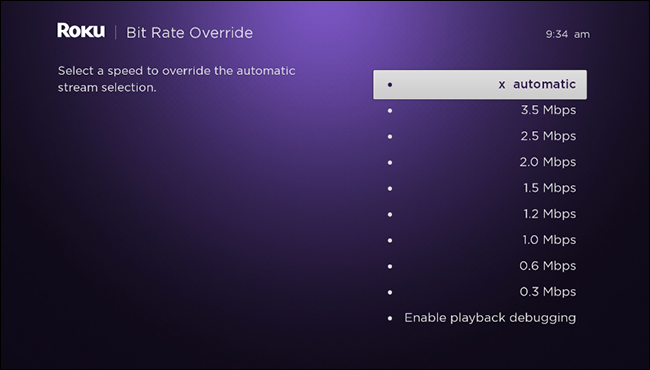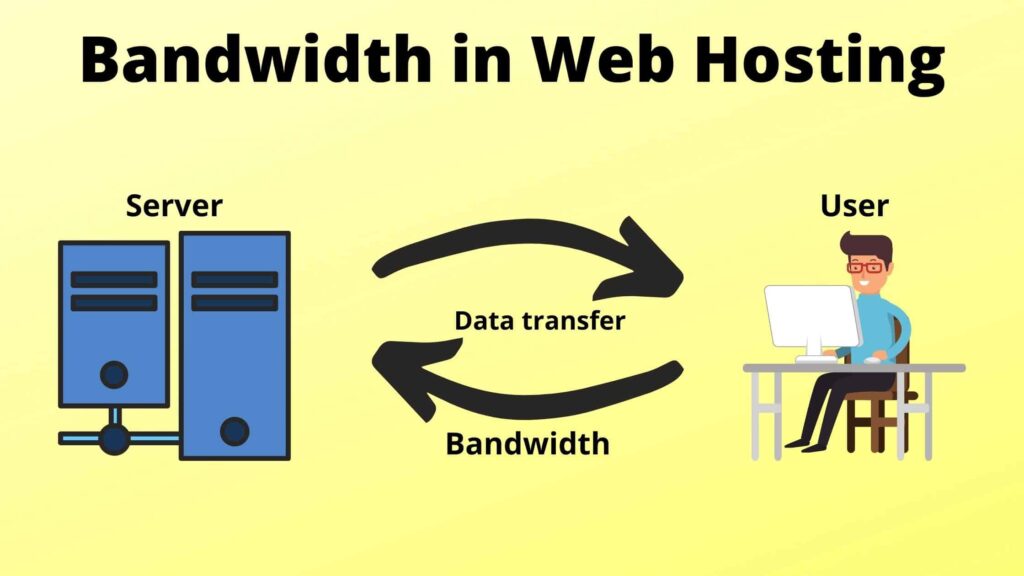In today’s digital age, having a website has become an essential part of running a business. Whether you’re a small business owner or a blogger, having a website allows you to reach a wider audience and connect with people from all around the world. However, having a website also means dealing with technical aspects like bandwidth. Bandwidth is a crucial component of any website as it determines how much data can be transferred to and from your website. In this article, we’ll explore the topic of bandwidth and answer the question “How much bandwidth do I need for my website?”
Bandwidth is essentially the amount of data that can be transferred between your website and its visitors. The amount of bandwidth your website needs depends on a variety of factors such as the size of your website, the number of visitors you expect, and the type of content on your website. If you have a website with a lot of large files such as videos or images, you’ll need more bandwidth than a website with mostly text-based content. Additionally, if you expect a lot of traffic to your website, you’ll need more bandwidth to ensure a smooth experience for your visitors. In the following paragraphs, we’ll delve deeper into these factors and help you determine how much bandwidth your website needs.
The amount of bandwidth you need for your website depends on several factors, including the number of visitors you expect, the size and number of files you plan to host, and the type of content you plan to serve. If your website will feature many high-resolution images or videos, you will need more bandwidth than a website with mostly text content. Generally, a website that receives up to 5,000 visitors a month can do well with 1GB of bandwidth.

How Much Bandwidth Do I Need for My Website?
Are you wondering how much bandwidth do you need for your website? Well, you’ve come to the right place! This article will provide you with detailed information on how to calculate the necessary bandwidth for your website. We’ll cover everything from basic web hosting requirements to more advanced hosting solutions.
Types of Bandwidth
When it comes to website hosting, there are two main types of bandwidth: dedicated and shared. With dedicated bandwidth, the entire capacity of the server is devoted to your website and web applications. This is the most expensive type of bandwidth, but it can provide the highest levels of performance and reliability. Shared bandwidth, on the other hand, is much cheaper, but the server capacity is shared among multiple websites. This can cause performance issues, particularly if one website is receiving a lot of traffic.
Calculating Your Website’s Bandwidth Needs
Calculating your website’s bandwidth needs is an essential first step in determining the best hosting solution for you. The amount of bandwidth you need will depend on several factors, such as the size of your website, the type of content you are hosting (static or dynamic), and the amount of traffic you expect to receive. To accurately determine your website’s bandwidth needs, it’s best to consult with a web hosting expert who can provide you with a tailored solution.
Factors to Consider When Choosing a Hosting Plan
When choosing a hosting plan, there are several factors to consider. First, you should consider the amount of storage space you need. This will depend on the type of content you are hosting and the size of your website. You should also consider the amount of bandwidth you will need. As mentioned above, this will depend on the size of your website, the type of content you are hosting, and the amount of traffic you expect to receive. Additionally, you should consider the type of server you need, as different hosting plans offer different levels of performance.
Choosing the Right Hosting Provider
Once you have a clear understanding of your website’s hosting needs, it’s time to start looking for a hosting provider. When choosing a hosting provider, there are several factors to consider, such as price, reliability, customer support, and features. It’s important to research different hosting providers and read reviews before making a decision. Additionally, it’s a good idea to take advantage of any free trials or money-back guarantees offered by hosting providers.
Conclusion
In conclusion, understanding and calculating your website’s bandwidth needs is essential for choosing the right hosting plan. While there are many factors to consider, such as the size of your website, the type of content you are hosting, and the amount of traffic you expect to receive, it’s important to consult with a web hosting expert to determine your exact needs. Additionally, it’s important to do your research and read reviews before selecting a hosting provider. With the right hosting plan, you can ensure your website performs optimally and reliably for your visitors.
Frequently Asked Questions
When creating a website, it is important to consider the amount of bandwidth needed to ensure that your website is able to handle the traffic. This article will answer the question “how much bandwidth do I need for my website?”
What is Bandwidth?
Bandwidth is the amount of data that can be transmitted over a given connection in a certain amount of time. It is typically measured in bits per second or megabits per second (Mbps). When it comes to websites, bandwidth is the measure of the amount of data that can be transferred from a server to a user’s computer in a given amount of time.
How Much Bandwidth Do I Need?
The amount of bandwidth you need for your website will depend on the type of website you are running. If your website is a simple blog or personal website, then you may only need a few megabits of bandwidth. However, if you are running an e-commerce site or streaming video, then you will need significantly more bandwidth. It is also important to consider the number of visitors you are expecting, as well as the size of the files they will be downloading.
What Are Some Ways to Reduce Bandwidth Usage?
There are a few different ways to reduce the amount of bandwidth your website is using. One way is to optimize your images by compressing them or using a content delivery network (CDN). You can also reduce the size of your HTML, JavaScript, and CSS files by minifying them. Additionally, you can use caching to reduce the amount of data that is sent to the user.
Do I Need More Bandwidth as My Site Grows?
As your website grows and the number of visitors increases, you will likely need to increase the amount of bandwidth you have. This is because more visitors means more data being transferred from the server to the user. If you find that your website is becoming slow or unreliable, it may be time to upgrade your bandwidth.
Can I Test My Bandwidth Usage?
Yes, it is possible to test your website’s bandwidth usage. There are a variety of tools available online, such as Pingdom, GTmetrix, and WebPageTest. These tools can help you identify any issues with your website’s performance and can also provide insights into how much bandwidth you are using.
In conclusion, determining the amount of bandwidth your website requires is a crucial step in ensuring its optimal performance. Your website’s bandwidth needs will depend on various factors, such as the size of your website, the amount of traffic it receives, and the types of content you host. Therefore, it’s essential to assess your website’s needs and choose a suitable hosting plan that provides you with enough bandwidth to accommodate your traffic and content.
Additionally, monitoring your website’s bandwidth usage regularly can help you identify any potential issues and take proactive measures to prevent them. By ensuring that your website has adequate bandwidth, you can provide your visitors with a smooth, fast, and reliable browsing experience. Ultimately, investing in a high-quality hosting plan with sufficient bandwidth can benefit your website’s performance, search engine rankings, and overall success in the long run.




